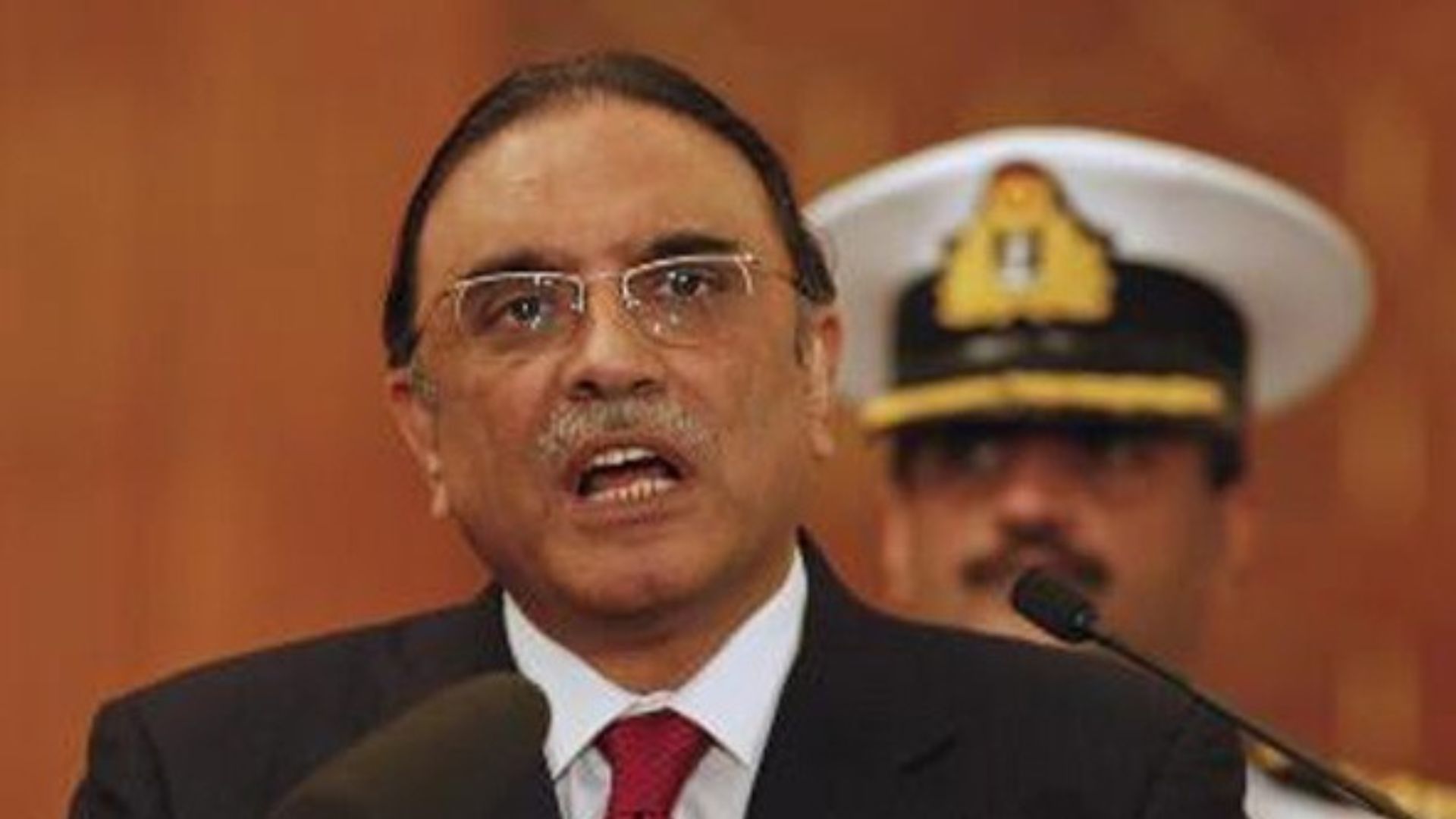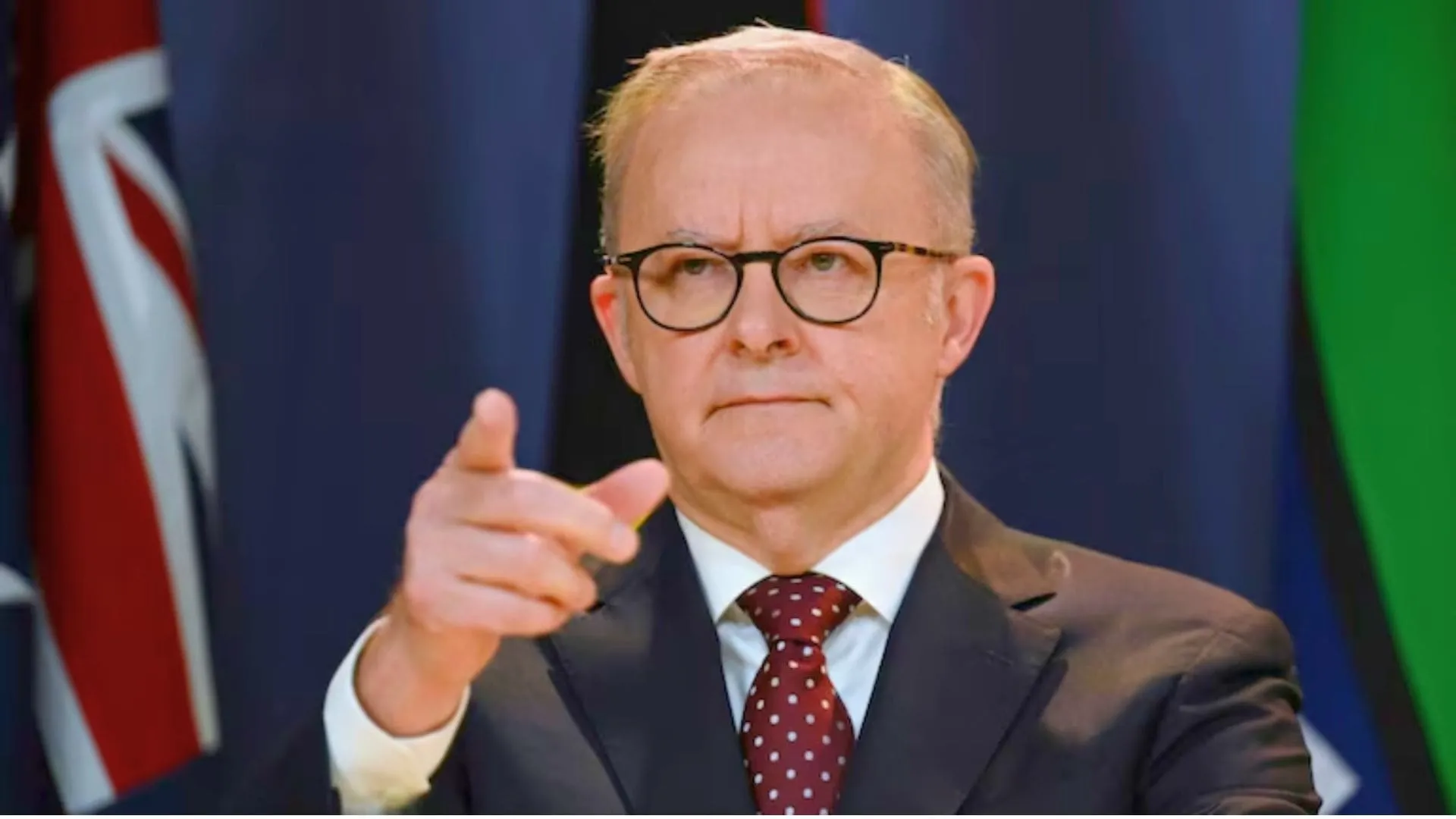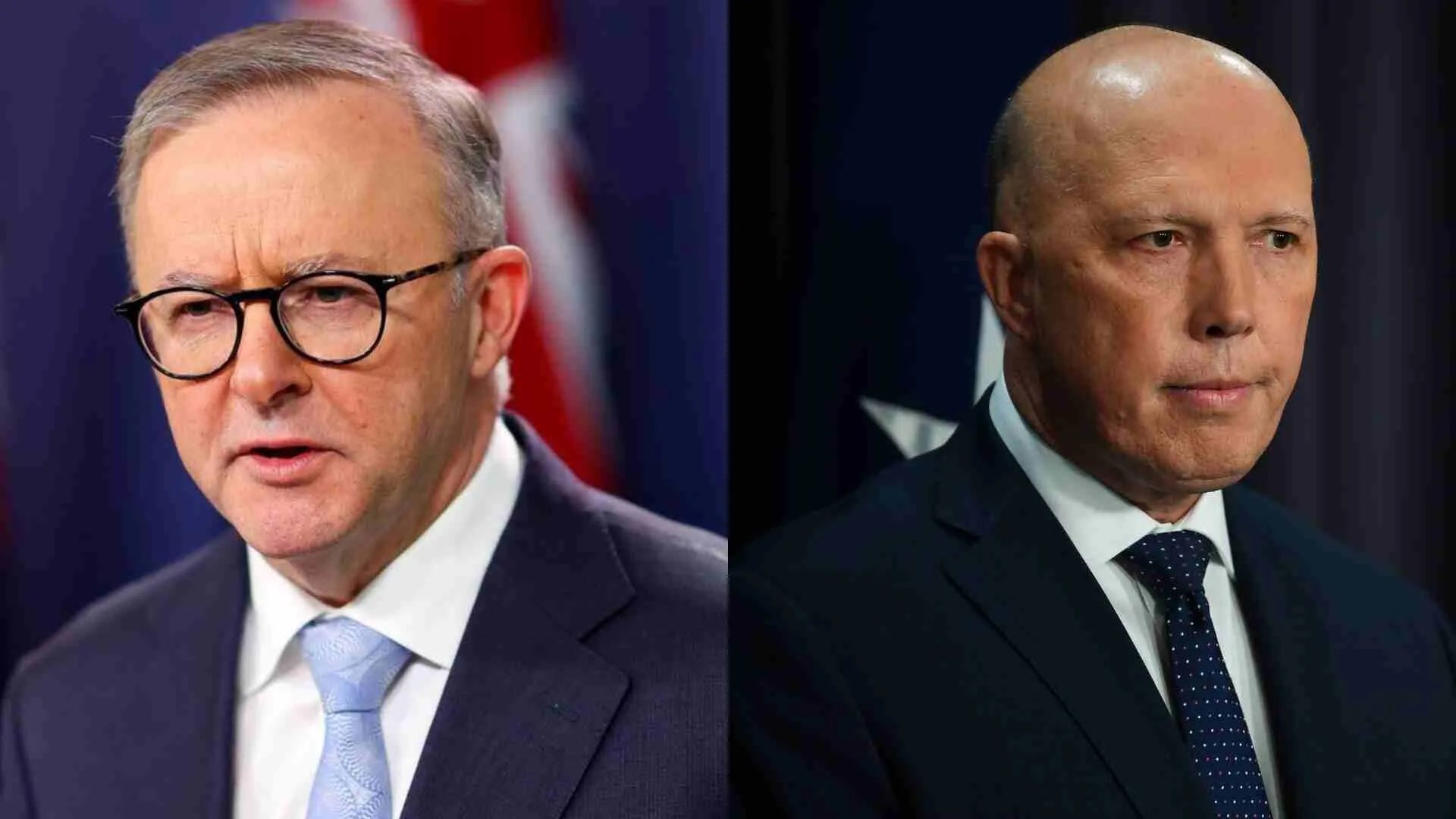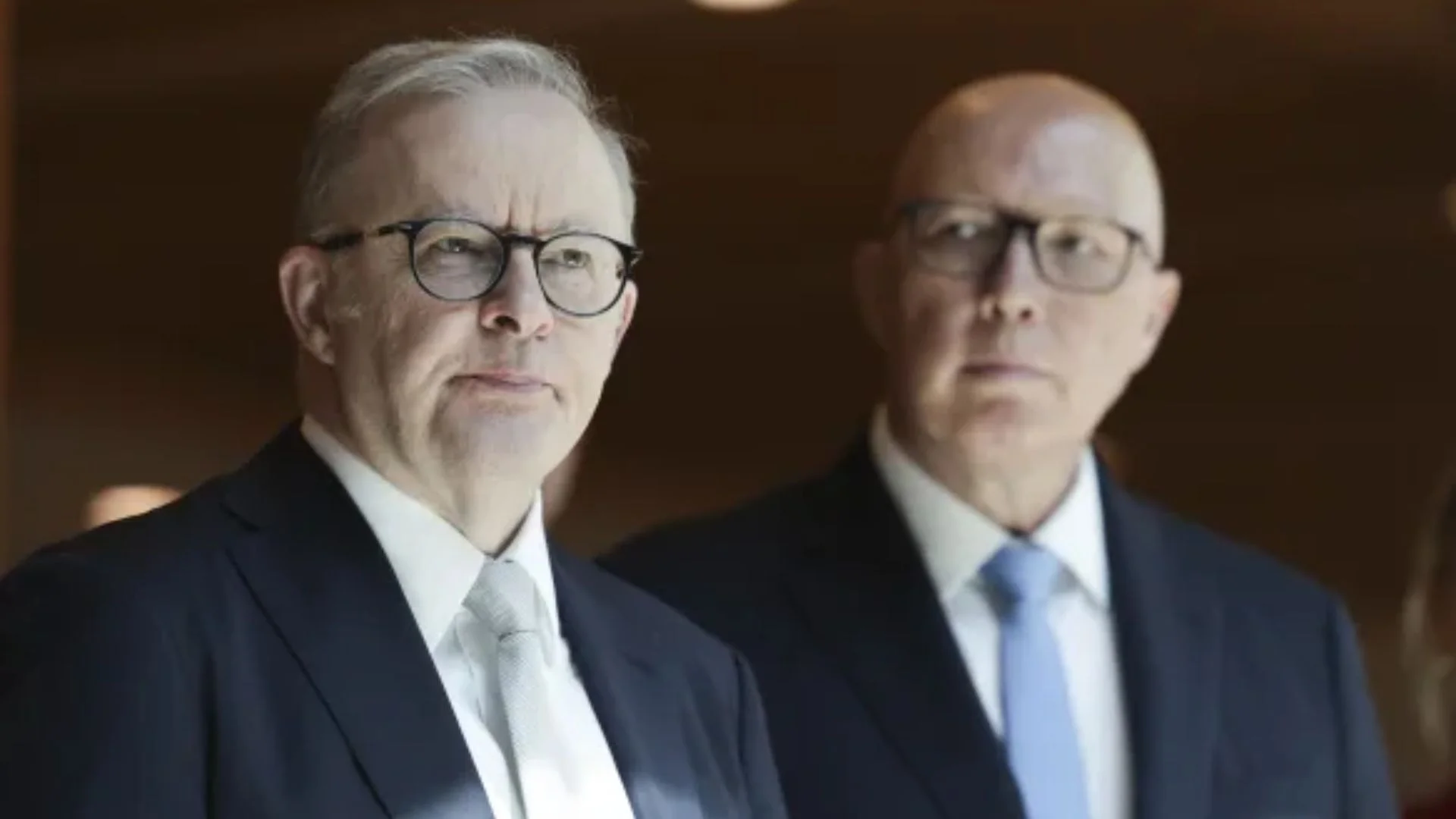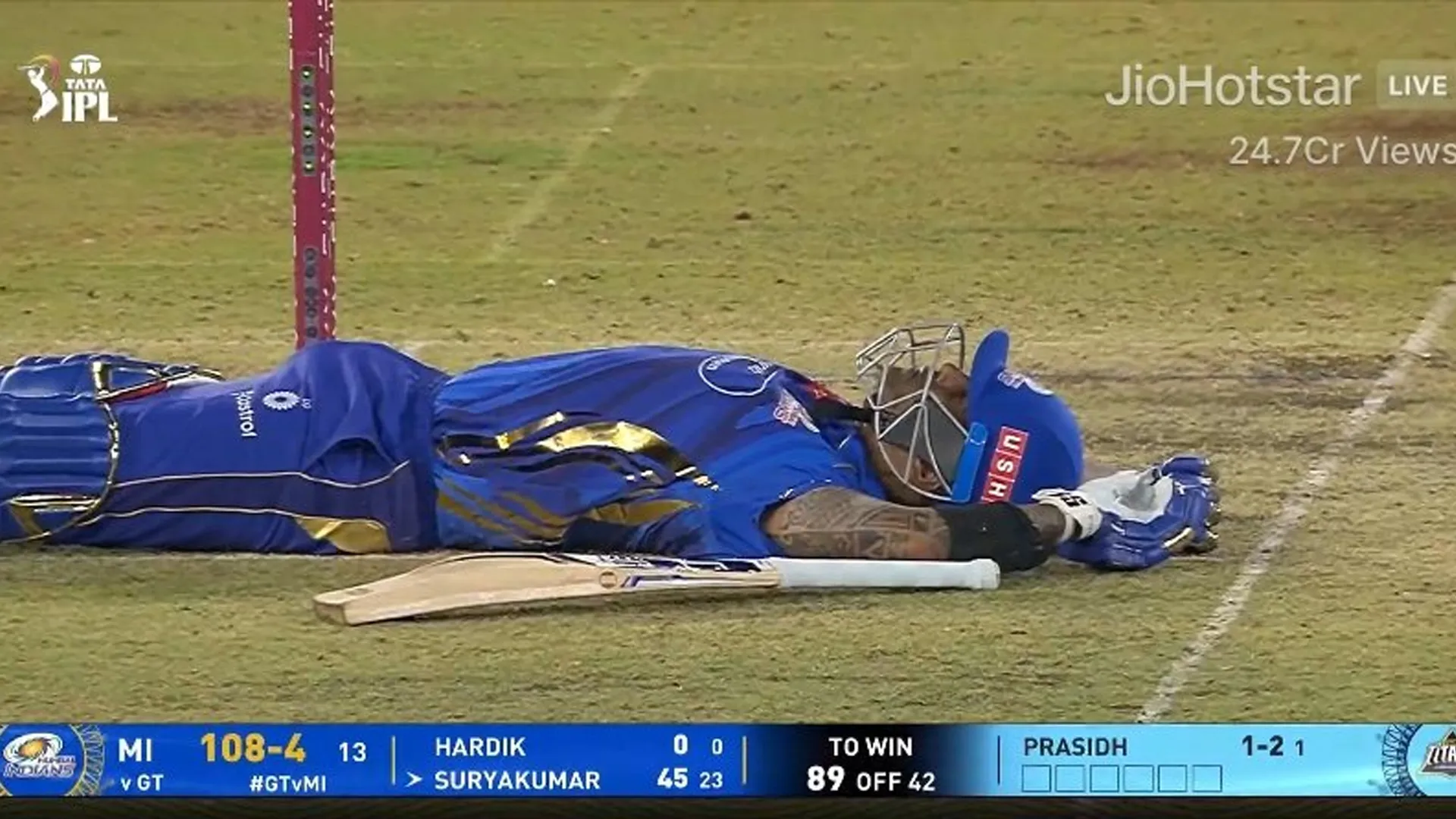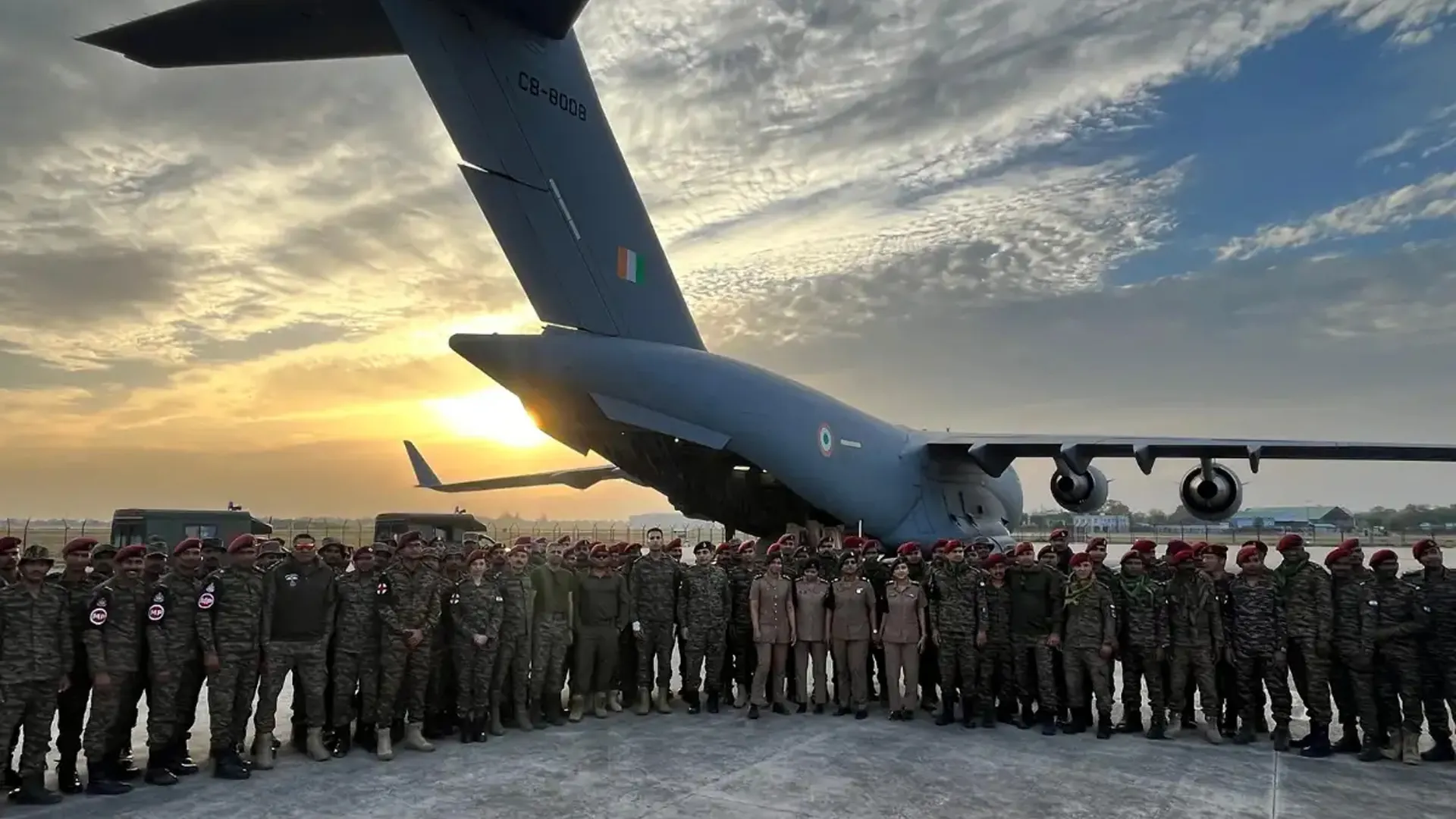Former President and Pakistan People’s Party (PPP) leader Asif Zardari made incendiary remarks against Pakistan Tehreek-e-Insaf (PTI) founder Imran Khan, alleging that Khan supported Afghans by purportedly including them in the voter lists. Zardari, during an interview on Aaj TV, accused Khan of facilitating Afghans’ voter registration in Khyber Pakhtunkhwa through fake lists to benefit PTI.
“He [Imran Khan] supports Afghans because he had made fake lists [of voters] and they [Afghans] had been declared as Pakistani citizens,” Zardari alleged, insinuating Khan’s involvement in manipulating voter lists.
Furthermore, Zardari disclosed that the Election Commission was addressing this issue, directing his party to engage with the electoral watchdog on this matter. Criticizing Khan’s alleged support for banned organizations like the Taliban and Lashkar-e-Jhangvi, Zardari accused Khan of doing so for political advantage.
Zardari also pointed fingers at a former director general of the Inter-Services Intelligence (ISI), attributing the initiative of launching a cricketer in politics to them. He contended that Khan had backing from foreign lobbies and insinuated that Khan’s ex-wife continued to support him, actively promoting the PTI founder as a popular leader through bloggers.
Describing Khan as “illiterate,” Zardari claimed that PTI had approached him with an offer to share half of the PTI government’s remaining tenure after the submission of a no-confidence resolution in 2022, which he rejected as too late.
On the subject of the upcoming elections, Zardari hinted at a possible slight delay but asserted that the elections would undoubtedly take place. He emphasized that the Election Commission possessed the sole constitutional authority to determine the election date.
Regarding candidacy for the prime minister’s office, Zardari mentioned that both he and his son, Bilawal Bhutto-Zardari, could be candidates. He also included Khurshid Shah as a potential contender, affirming that the PPP aimed to secure a substantial number of seats in the National Assembly, intending to play a pivotal role in electing the prime minister.

